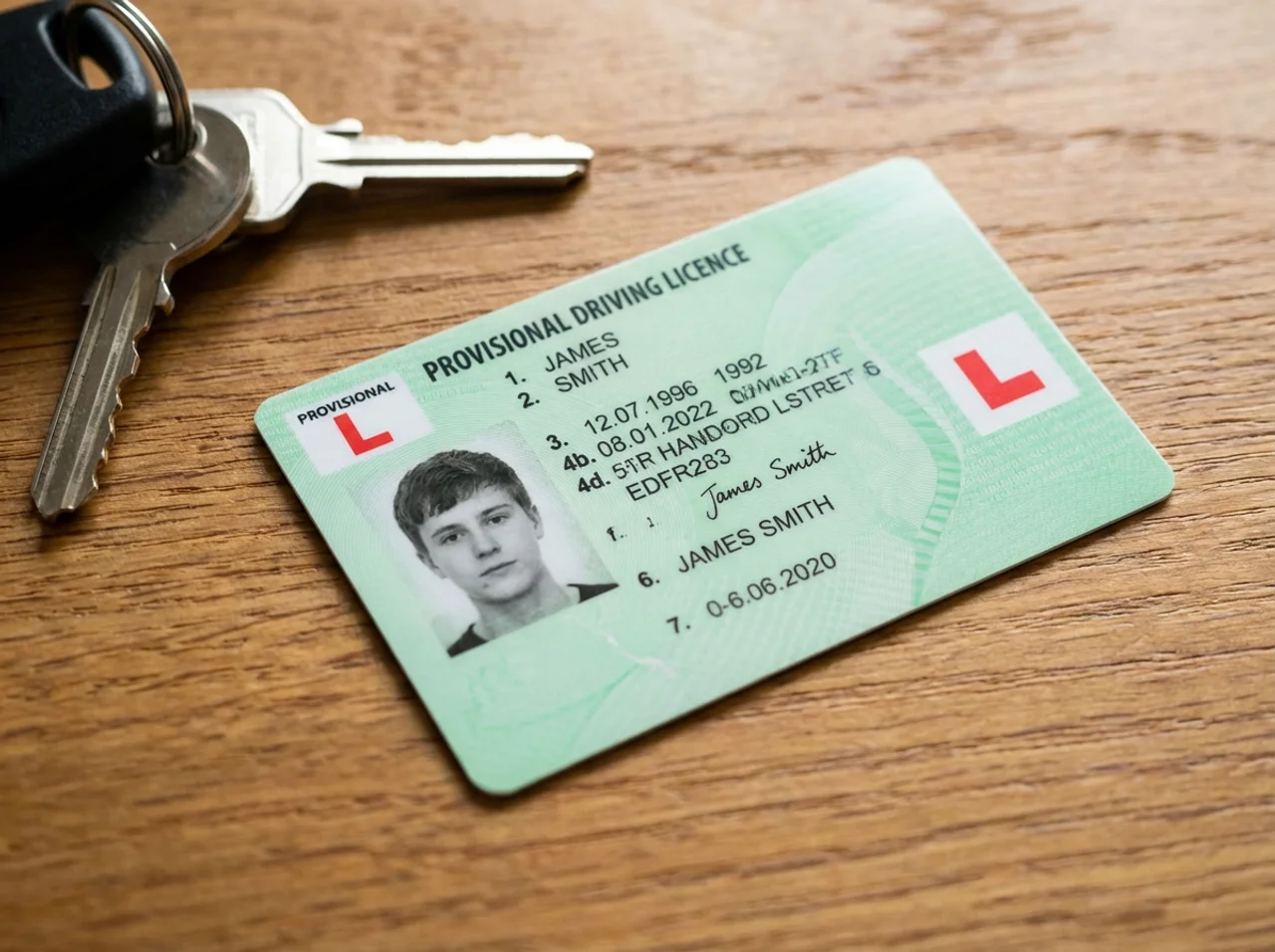

Personal Contract Purchase (PCP) is one of the most popular car finance options available in the UK. It offers flexibility and affordability, making it an attractive choice for many car buyers. In this post, we’ll explore what PCP is, how it works, its benefits and drawbacks, and how it compares to other finance options.
What is PCP?
Personal Contract Purchase (PCP) is a type of car finance that allows you to pay for a car over a period of time through monthly instalments. At the end of the contract, you have the option to either buy the car outright, return it, or trade it in for a new vehicle.
How Does PCP Work?
For more details on refinancing options, visit our page on how to refinance your car in the UK.
Benefits of PCP
Drawbacks of PCP
For those with bad credit, check out our bad credit car finance options to see how you can still benefit from PCP.
PCP vs. Other Finance Options
| Feature | PCP | HP | Lease |
|---|---|---|---|
| Ownership | Optional at end of term | Automatic at end of term | No ownership |
| Monthly Payments | Lower | Higher | Lower |
| Initial Deposit | Usually Required | Usually Required | Usually Required |
| Mileage Restrictions | Yes | No | Yes |
| Final Payment | Balloon payment option | No balloon payment | No balloon payment |
| Flexibility | High | Medium | Low |
PCP Eligibility Criteria
To qualify for a PCP agreement, you typically need:
PCP FAQs
For more information on the differences between PCP and other options, visit our Car Finance vs. Personal Loan page.
Conclusion
Personal Contract Purchase (PCP) offers a flexible and affordable way to finance a car, with lower monthly payments and multiple end-of-term options. However, it’s essential to understand the terms and conditions, including mileage limits and the final balloon payment. By weighing the pros and cons, you can determine if PCP is the right choice for you.
For more information on car finance options, visit Happy Motor Finance.







